FAO introduces alternative income-generating activities for rural women in Bukhara and Navoi regions
The UN FAO, under the Central Asian Desert Initiative (CADI), has organized workshops on business and craft skills for rural women of Bukhara and Navoi regions.
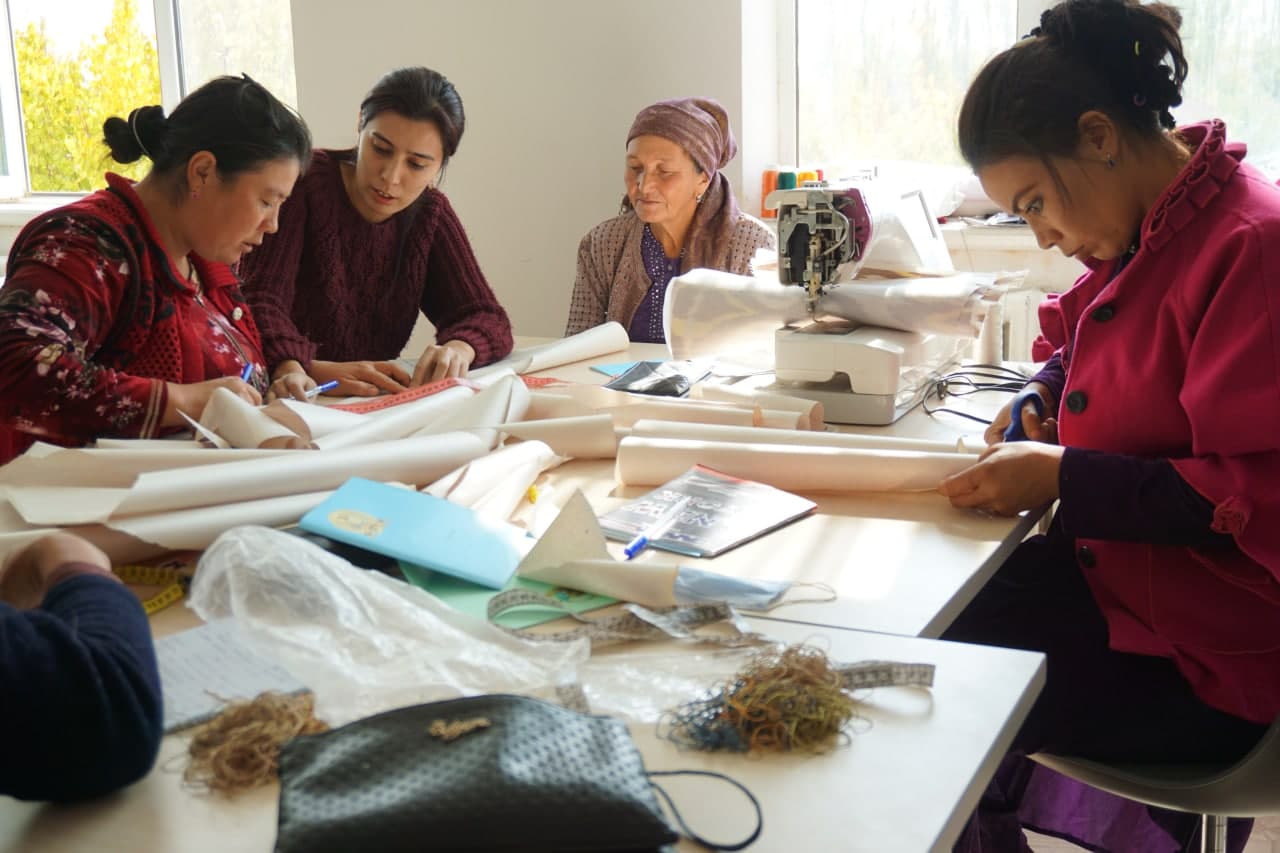
Photo: FAO
“Gender equality and empowerment of women play an important role in the mandate of our organization. FAO is engaging women in alternative income-generating activities to improve their families’ livelihoods, which in turn will reduce their dependence on grazing and other agricultural activities in cold winter deserts. The workshop also facilitates reviving traditional crafts, because there is always a high market demand for such products of national applied arts,” Nariman Nishanov, National Coordinator of the CADI project in Uzbekistan said.
The workshops were attended by residents of the village Chuya of Nurata district, Navoi region and the village Durman of Karakul district, Bukhara region, in total 57 women. The classes were conducted by experts in embroidery and traditional crafts. One of them is Matlyuba Bazarova, Vice–President of the Central Asian Crafts Support Association. She told the participants about the benefits available in the country to support artisans, how to start a business, and also shared her experience and knowledge about the basics of marketing and the creation of intra-household jobs.
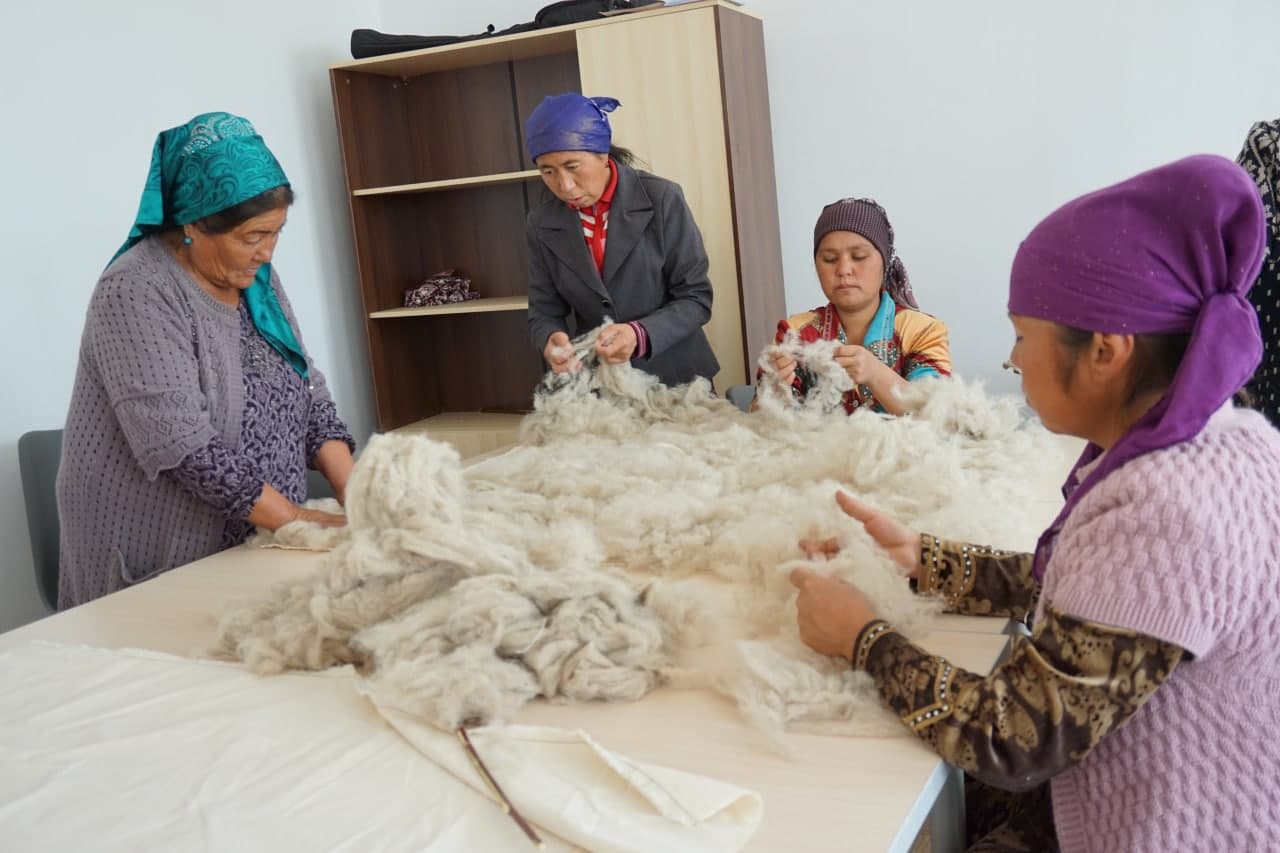
During 3 days of the workshops, rural women also learned the basics of sewing skills, national embroidery and making wool blankets. Combining national flavor and modern fashion trends, the participants made pillowcases, chapans, jackets, bags and blankets during practical classes. Master Venera Kalimullina taught them all the details of making woolen blankets: parsing wool for good and bad, washing and drying wool, quilting and much more.
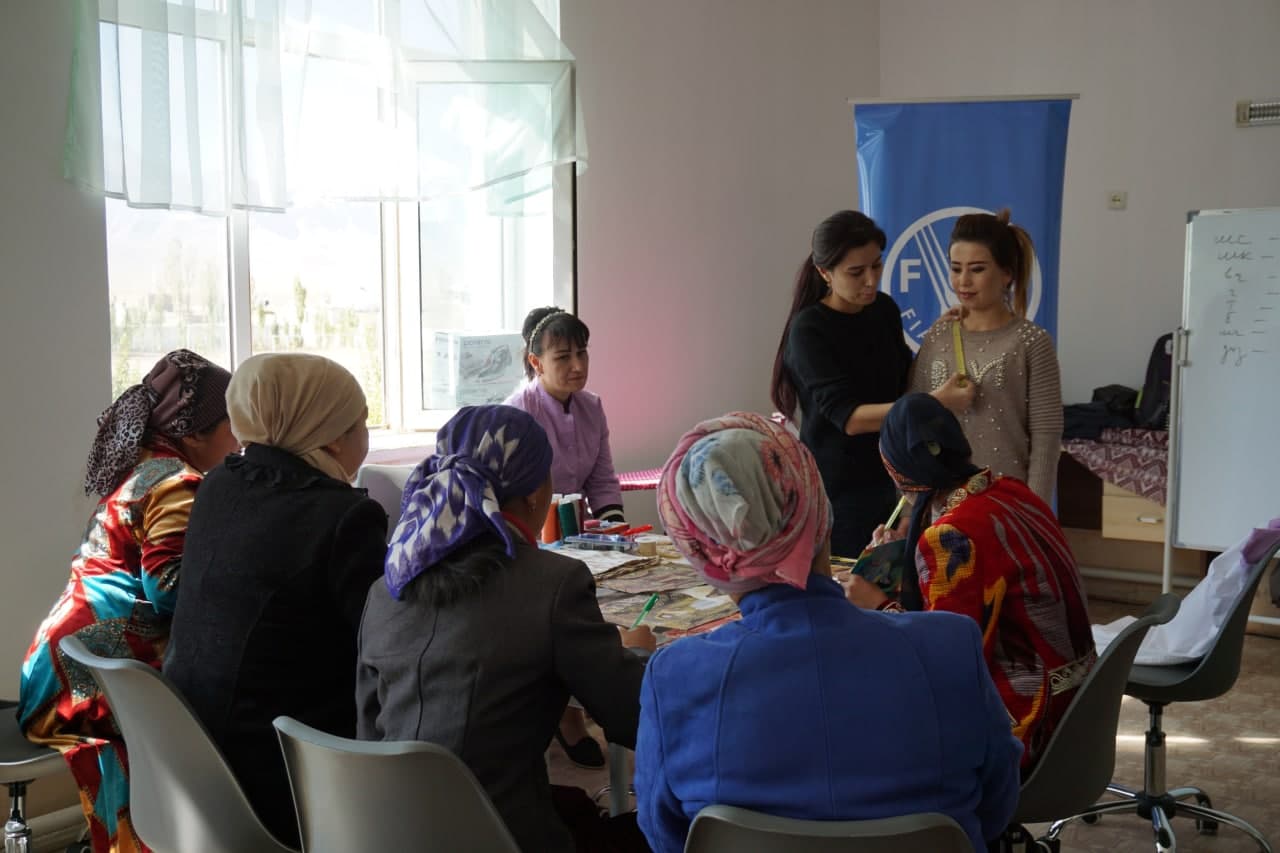
“Participants were selected from families in need of social and economic protection. Let’s hope that thanks to the knowledge and skills they have gained, they will now be able to make additional incomes and improve the well-being of their families,” Venera Kalimullina said.
The areas where the trainings were organized belong to the project territories of the Central Asian Desert Initiative (CADI). The project aims to promote the conservation and sustainable use of temperate deserts, which are unique ecosystems of global importance. These deserts are important migration areas for birds as well as for wild ungulates. The target countries of CADI are Kazakhstan, Turkmenistan and Uzbekistan. They bear a special responsibility for the preservation of the temperate deserts, which are threatened by anthropogenic and climatic factors. The CADI project, funded by the German government, has been implemented since 2016 by the University of Greifswald, the Michael Succow Foundation and FAO.
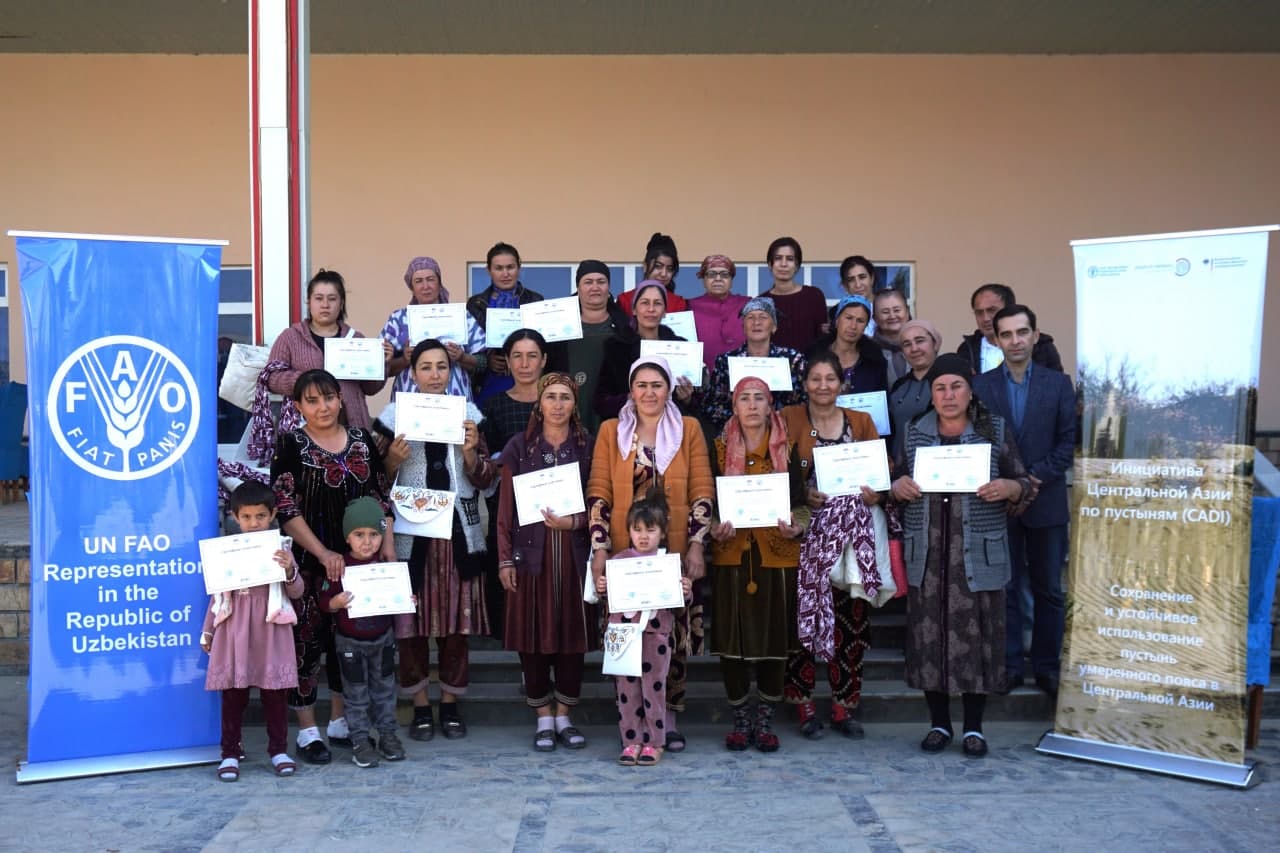
Related News
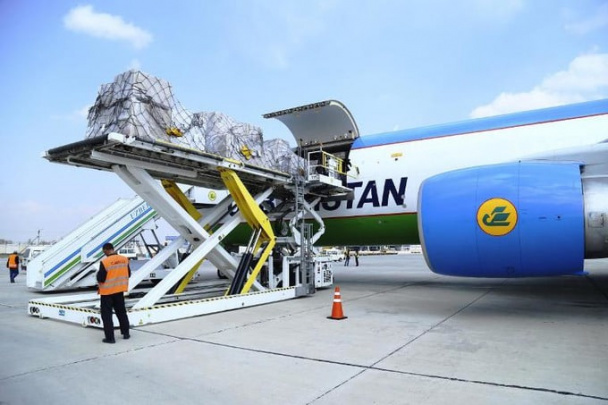
16:05 / 11.02.2026
Navoi to become regional logistics center with new TIR Park and MRO facility
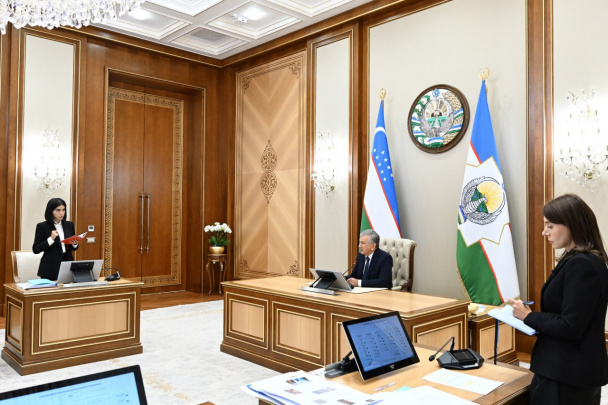
16:10 / 16.01.2026
President Mirziyoyev reviews Bukhara master plan and tourism projects in Samarkand

16:58 / 09.01.2026
Bukhara’s new international airport targeted for launch in early 2027
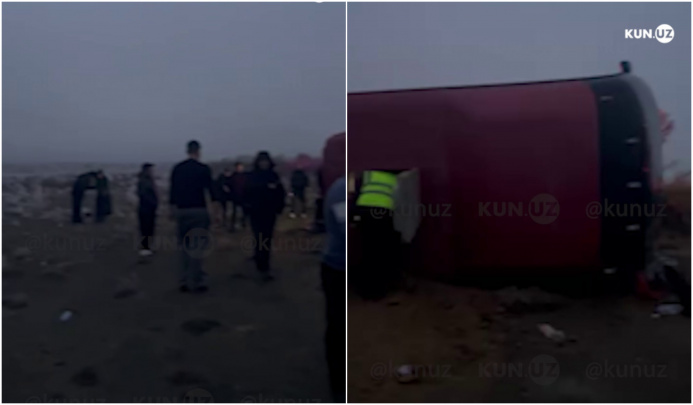
13:25 / 05.01.2026




